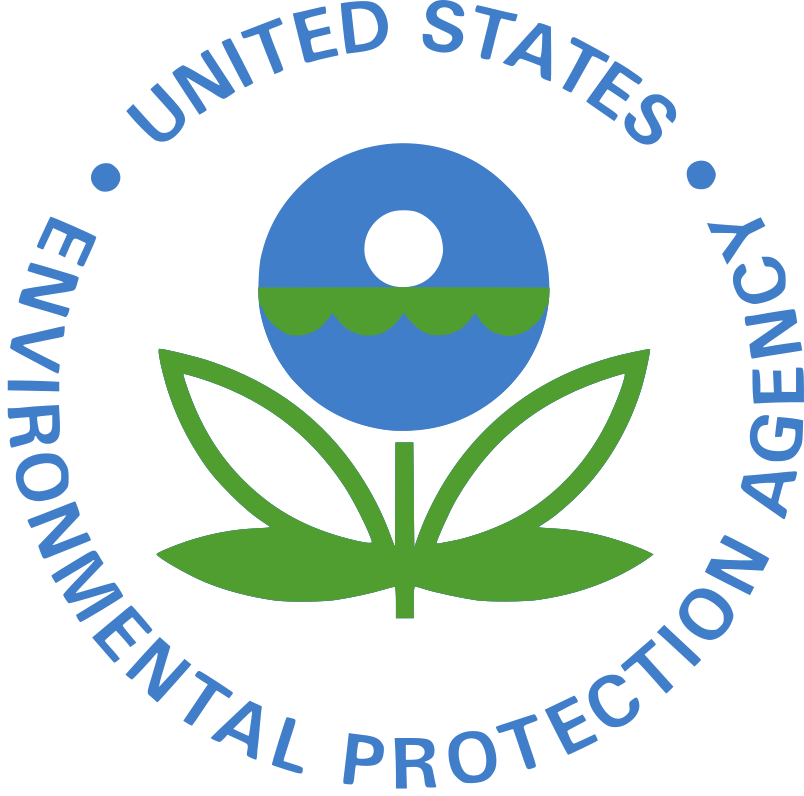Oct 28, 20202020 dicamba registration decision announced by EPA
At the Cromley Farm, U.S. EPA Administrator Andrew Wheeler announced Oct. 27 the agency is approving new five-year registrations for two dicamba products and extending the registration of an additional dicamba product.
All three registrations include new control measures to ensure these products can be used effectively while protecting the environment, including non-target plants, animals, and other crops not tolerant to dicamba.
“With today’s decision, farmers now have the certainty they need to make plans for their 2021 growing season,” said EPA Administrator Andrew Wheeler. “After reviewing substantial amounts of new information, conducting scientific assessments based on the best available science, and carefully considering input from stakeholders we have reached a resolution that is good for our farmers and our environment.”
Through today’s action, EPA approved new registrations for two “over-the-top” (OTT) dicamba products—XtendiMax with VaporGrip Technology and Engenia Herbicide – and extended the registration for an additional OTT dicamba product, Tavium Plus VaporGrip Technology. These registrations are only for use on dicamba-tolerant (DT) cotton and soybeans and will expire in 2025, providing certainty to American agriculture for the upcoming growing season and beyond.
To manage off-site movement of dicamba, EPA’s 2020 registration features important control measures, including:
- Requiring an approved pH-buffering agent (also called a Volatility Reduction Agent or VRA) be tank mixed with OTT dicamba products prior to all applications to control volatility.
- Requiring a downwind buffer of 240 feet and 310 feet in areas where listed species are located.
- Prohibiting OTT application of dicamba on soybeans after June 30 and cotton after July 30.
- Simplifying the label and use directions so that growers can more easily determine when and how to properly apply dicamba.
The 2020 registration labels also provide new flexibilities for growers and states. For example, there are opportunities for growers to reduce the downwind spray buffer for soybeans through use of certain approved hooded sprayers as an alternative control method. EPA also recognizes and supports the important authority FIFRA section 24 gives the states for issuing locally appropriate regulations for pesticide use. If a state wishes to expand the federal OTT uses of dicamba to better meet special local needs, the agency will work with them to support their goals.
This action was informed by input from state regulators, grower groups, academic researchers, pesticide manufacturers, and others. EPA reviewed substantial amounts of new information and conducted assessments based on the best available science, including making Effect Determinations under the Endangered Species Act (ESA). With this information and input, EPA has concluded that these registration actions meet Federal Insecticide, Fungicide and Rodenticide Act (FIFRA) registration standards. EPA believes that these new analyses address the concerns expressed in regard to EPA’s 2018 dicamba registrations in the June 2020 U.S. Court of Appeals for the Ninth Circuit. Further, EPA concluded that with the control measures now required on labels, these actions either do not affect or are not likely to adversely affect endangered or threatened species.
To view the final registration of the dicamba products, visit docket EPA-HQ-OPP-2020-0492 at www.regulations.gov.
Following reports of damage resulting from the off-site movement of dicamba, EPA amended the dicamba registration labels in 2017 and in 2018. In June 2020, the U.S. Court of Appeals for the Ninth Circuit vacated the registrations for three dicamba products: XtendiMax with VaporGrip Technology, Engenia Herbicide, and DuPont FeXapan Herbicide.
As a result of the Court’s decision, EPA issued cancellation orders outlining limited circumstances under which existing stocks of the three affected products could be distributed and used until July 31, 2020.

















